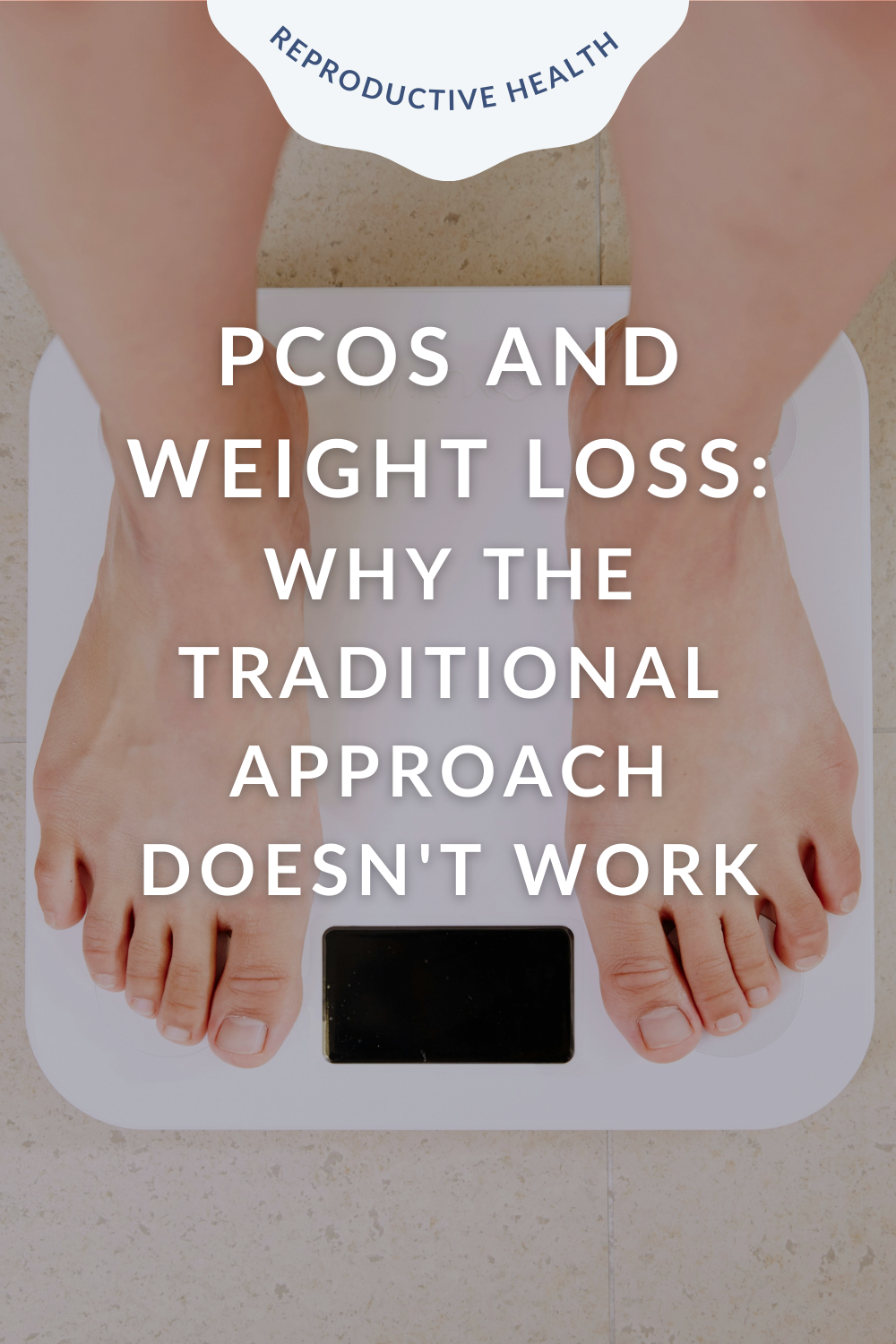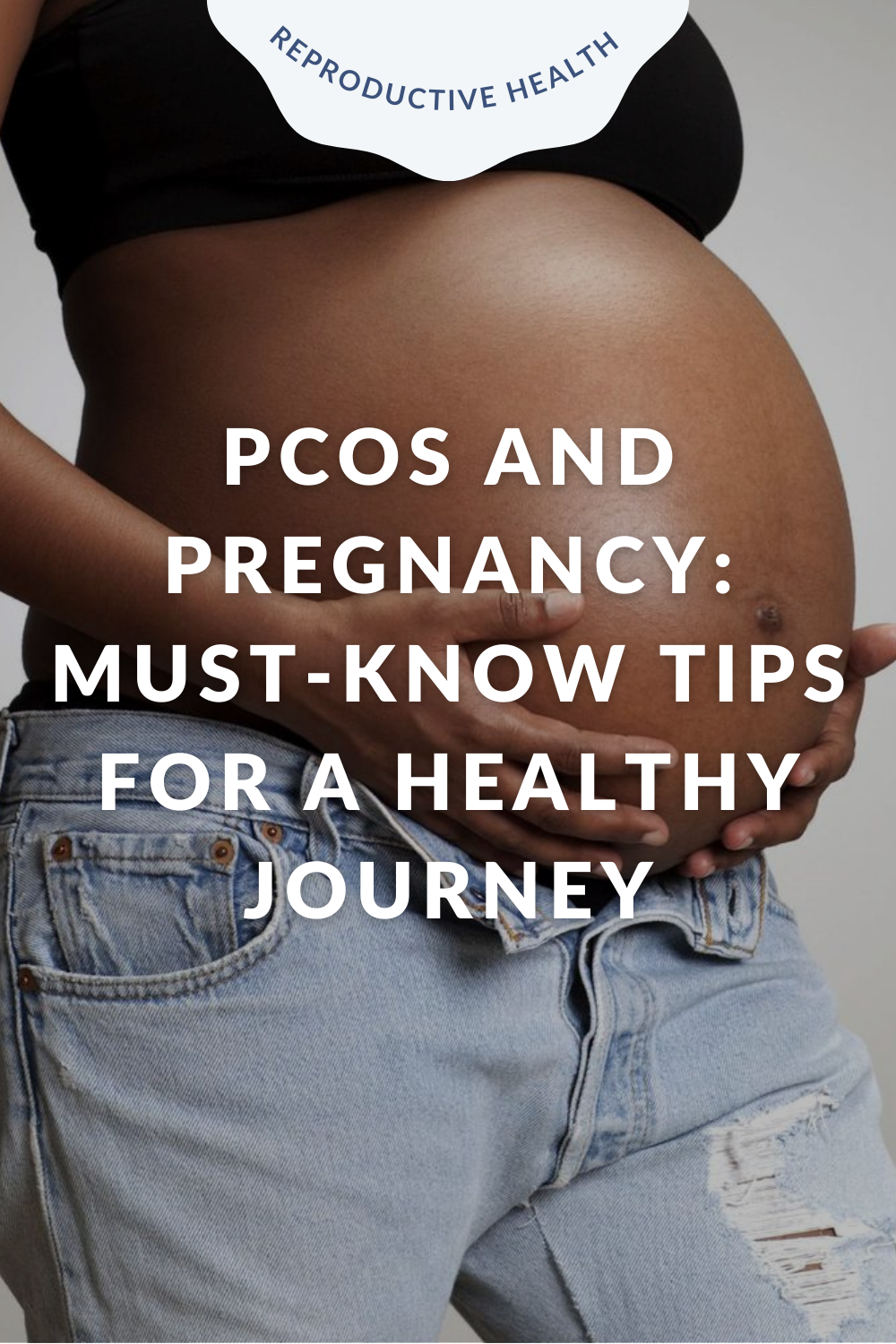The Lowdown on Weight Stigma in Health Care
Have you visited the doctor with many ailments, only to be swiftly sent away with a prescription to lose weight?
Many of our patients with chronic diseases have been through this unhelpful and demoralizing experience.
Today, we'll delve into the dangers of weight stigma healthcare, highlight signs to look out for and provide practical tips to advocate for yourself in your health journey.
What is weight stigma?
Weight stigma and weight bias involves negative beliefs, attitudes, and judgments about individuals because of their weight, size and shape, whether consciously or unconsciously. It exists all around us - in large and small, loud and subtle ways.
Of course on an individual level, weight bias includes making assumptions about someone in a larger body size. This can be dangerous in medical contexts, as signs and symptoms of serious health conditions can be falsely chalked up to their weight, without further investigation.
On a macro-level, weight bias exists everywhere - from health and insurance policies to things you see everyday - narrow airplane seats, small chairs in doctor’s offices, and more. Honestly, we could go on and on and on.
Why is weight stigma harmful?
Ever walked out of a doctor's office feeling hesitant about returning? Weight biases in healthcare can create that exact scenario, and providers, just like any other human, may have biased views about people with higher weights.
When assumptions and behaviors based on body weight take center stage, it chips away the trust between you and your healthcare provider. It's more than just an emotional burden– it can lead to avoiding crucial health services.
The aftermath? Potentially delayed diagnoses and treatments. We need to start prioritizing well being over weight loss.
I think of my patients, with chronic pain and fatigue, who were told for years to simply lose weight, without any other investigation. Finally, switching providers and being diagnosed with hypothyroidism. This can happen with so many other health conditions and can end up causing serious health problems.
It's crucial to recognize that weight is not a good indicator of individual health status, making such beliefs fundamentally misguided. Not to say that weight doesn’t matter - a significant and unexplained change in weight raises concerns that should be investigated. But in a way that is without assumption, and without morality.
How does weight stigma impact PCOS?
This may be particularly harmful if you’re living with PCOS, since metabolic rate may be slower, often resulting in higher weights. To make things more complex, people with PCOS experience increased odds of disordered eating.
Disordered eating can have severe consequences, from slowed brain function, to compromised immunity and mental health and much more - in fact, research suggests that people who receive weight bias are 2.5 times more likely to experience mood or anxiety issues compared to those who don’t!
Not to mention, showing weight bias is ironically linked to increases in weight, potentially worsening weight discrimination in medical settings.
Is weight related to willpower?
Contrary to popular belief, studies suggest that weight is not determined by willpower. In short, genetics, brain function and executive decision-making, stressors, environment, hormones, age, ethnicity, medications and treatments, and more - all play a role in our weight.
But here's the twist: despite this evidence, many still believe the age-old story that achieving your ideal or target weight is just about eating less and hitting the gym harder. It's time to shift our perspective.
The truth is, our bodies and the world around us are more involved in weight management than we thought.
Moving forward: a weight-neutral approach
Shifting our system to a weight-neutral (vs. weight normative) approach to health can do wonders. It can prevent weight bias in health clinics, which we established can cause a chain of events that make people ill or iller.
Rather than classifying people’s health based on the number on the scale, focusing on other markers - like blood work, clinical symptoms, health behaviours, blood pressure, and more - provides a much more accurate and in-depth picture of health!
This is something our team of Registered Dietitians operate under - a size-neutral, behaviours -based approach towards nutrition. and I’m so glad other providers are doing the same, but more change needs to come.
We need to also remove the morality that’s placed on weight.
Signs of weight bias to look out for:
Verbal/language:
“You should eat less carbs”
“You need to move more.”
“You need to learn self-control or discipline”
“Just don’t buy unhealthy food.”
Structural
Different access to services and goods
Media portrayal of larger-bodied people
Additional Signs of Weight Stigma May Include:
A healthcare provider neglecting genetic and environmental factors in health conditions
A provider expressing judgment or assuming your eating habits based on weight
Recommending eating less and exercising more
What should you do if you experience weight bias?
You shouldn't have to advocate for yourself in an ideal world. However, as we work towards broader societal change, here are some practical steps you can take:
Request Blind Weigh-Ins:
Blind weighing means the healthcare professional doesn't tell you your weight and asks you to step on the scale with your back turned.
This study found that respondents felt more more comfortable and less anxious during blind weighing in the beginning of treatment. As a result, they felt more capable of actively participating in their treatment.
Many clinics now offer blind weigh-ins. This simple request can help create a more neutral and supportive environment during healthcare appointments.
Find Weight-Neutral Healthcare Providers:
At The Good Life Dietitian, our team of weight-neutral dietitians can help you achieve health goals off the scale. This is done by focusing on sustainable and healing lifestyle practices for your overall well-being, physically, mentally, emotionally, socially, and spiritually, to support you in developing self-loving food habits and living a good and healthy life!.
Tips on how to find Doctors and therapist that are weight inclusive:
Tip #1: Use keywords when searching. For example, Google “weight inclusive Doctors, Therapist, Registered Dietitians”
Tip #2: Schedule meet and greet calls to get to know them and see if you are feeling heard and comfortable. You can straight up ask, “How do you view weight in your practice?”
Tip #3: Feel free to keep shopping if you don’t find someone you align with!
The Takeaway
Weight bias in healthcare is a major issue that can result in serious health consequences, especially if you have conditions like PCOS.
It's crucial to actively recognize signs of weight bias. While we work towards broader change towards size-neutral care, be proactive in fostering open communication with healthcare providers, and seek professionals who prioritize holistic well-being overweight-centric approaches.
Your health journey is unique, and finding the right support is a crucial step toward achieving overall well-being!
Resources:
If you or someone you love is struggling with disordered eating or eating disorders, you can reach out to National Eating Disorder Information Centre and Body Brave for free resources and tools in your recovery.
Interested to read more, you can also check out The Myth of the Ideal (Summer) Body blog post for more information.
Hi! I’m Trista
A Registered Dietitian and reproductive health expert. I’m here to help you gain confidence to overcome your Polycystic Ovary Syndrome and digestive health woes, while bettering your relationship with food.
CATEGORIES
Looking for support to help manage your PCOS, diabetes, or overall health?
Work with our team of Registered Dietitians in 1-on-1 Nutrition Coaching Programs to receive personalized nutrition guidance, meal plans and messaging support to gain knowledge, confidence and clarity to build healthy eating habits that last.















